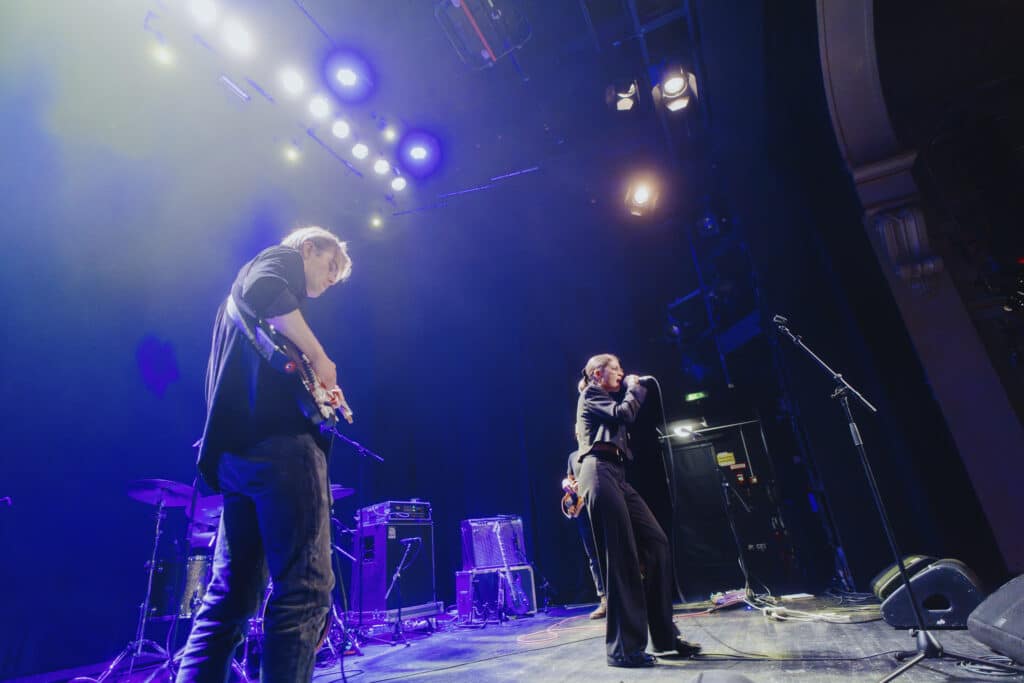Certificate of Higher Education Music
*Subject to approval
In this practical one-year course, you’ll discover one of the most exciting cities in Europe – Berlin – while developing the expertise you need to succeed as a performer. This Creative Capital is a true musical hotspot, home to a multitude of festivals and world-class venues spanning diverse genres.
The city is committed to supporting original music; pubs, bars and clubs are ideal for discovering local artists and even showcasing your own performance skills. Globally renowned for its dynamic arts landscape, this is a place where creatives can truly thrive.
During your course, you’ll be encouraged to collaborate with like-minded individuals across many creative disciplines. You bring the passion and sense of adventure, and we’ll help you develop your performance skills, connect with industry stakeholders, and ultimately advance your career. Whether you’re a bassist, drummer, guitarist or vocalist, you’ll learn from experienced industry professionals and attend masterclasses from those who have truly ‘made it’.



The Popular Music Performance pathway allows you to delve deep into various aspects of music performance. Throughout the course, you’ll master core instrument skills and performance techniques, and you’ll also be proficient in musical interpretation.
And you’ll venture far beyond the world of performance: in the Music Creation module, you can use your imagination to craft exciting tunes while also expanding your knowledge of music theory. In order to fully prepare you for your music industry career, we’ll also teach you the ins and outs of digital audio workstations.
The ‘Studio Project’ module is designed to immerse students in real-world working practices and encourage interdisciplinary collaboration. Using our state-of-the-art live rooms and rehearsal rooms, you can develop a musical masterpiece that reflects your unique interests and talents.
So, if you’re ready to create music, and to make friends and memories that will last a lifetime, then join us in Berlin and let your creativity soar.
Course Specification
Mode of attendance: Full-time
Length of course: 1 year
Awarding institution: BIMM University (UK)
Campus delivery: Berlin
Language of study: English
Credits: 60 ECTS/ 120 FHEQ (UK)
Final award: Dependent on pathway, one of the following:
- CertHE Music (Popular Music Performance)
- CertHE Music (Songwriting)
- CertHE Music (Music Production)
The CertHE course is only available to students who do not require a visa to study in Germany.
Minimum Requirements
All applicants must successfully complete an entrance interview with BIMM University Berlin (details provided on application).
Academic entry criteria meeting a minimum of 64 UCAS points, equivalent to:
- General Higher Education entrance certificate (Award of Zeugnis der Allgemeinen Hochschulreife/ Abitur, or a Fachgebundene Hochschulreife/ Fachhochschulreife) with an overall average grade of 3.0, including a minimum grade of 10 on the English component (Leistungsfach) on the Abiturprüfung.
- 2 A-levels at Grade C or above, or BTEC Level 3 equivalent, and and normally three GCSEs at a minimum grade C/4, including English Language.
- Please reference the Entry Requirements webpage for additional international qualification equivalencies. For applicants with significant prior professional experience and aged 19-years or older, offers may be made under the BIMM University Recognition of Prior Practice Policy.
- Proof of English Language proficiencyis required if English is not your first language. BIMM University Berlin requires equivalent to Level B2 CEFR (Common European Framework of Reference for Languages).
Course Fees
We’re dedicated to giving our students the best education possible – which means accessing our globally successful first-rate lecturers in premium locations at the heart of Germany’s creative scene.
Such cutting-edge facilities can be expensive, but we make sure all BIMM University Berlin courses are great value for money – representing a practical and affordable investment for your future career in the industry.
Year 1
All students take the following core modules.
The Performance Skills module will take you through the process of effective live performance through individual preparation, live ensemble performance and reflective practice. Weekly instrument-specific prep classes will equip you with techniques for effective part-preparation, memorisation and rehearsal strategies.
The Live Performance Workshop component will provide you with the opportunity to further your skillset through full-band live performance. Here you will receive guided feedback and feedforward from lecturers and peers to help further your own reflective practice. This will be recorded in a weekly Reflective Journal. You will be encouraged to develop confidence on stage, and the necessary arrangement and communication skills for professional live performance.
Good instrumental/vocal technique is reliant on efficiency – this module will enable you to develop the core techniques to be able to express yourself in the way you want to. Looking at various styles and theory, along with the physics and physiology of playing, you’ll be taken through the fundamentals in a step-by-step manner in a progressive way, leading you to develop your creative vocabulary, so you can say what you want to say, musically.
Summary
Creating music with a digital audio workstation (DAW) allows musicians to have complete control over the creation and production of their music. A DAW provides a powerful set of tools for recording, editing, and mixing audio, as well as a vast library of virtual instruments and sound effects. This allows musicians to experiment with different sounds and styles, combine different elements of music, and create unique and original compositions. Additionally, a DAW enables musicians to collaborate with other artists remotely, share their work with a broader audience, and access a range of professional-grade plugins and production tools. Understanding music theory’s key conventions is also essential for musicians to develop their craft and create meaningful and impactful music. Music theory provides a framework for understanding the structure and function of different musical elements, such as melody, harmony, rhythm, and form. By learning the conventions of music theory, musicians can develop a deeper understanding of how to create effective and engaging compositions, and how to communicate their musical ideas to others.
Module Aims
In this module, you will have the opportunity to explore and utilise production skills when arranging and creating sound and instrument parts using a DAW. You will learn how to use the various tools and features of a DAW to create a recording. Through a combination of practical exercises and theoretical study, you will explore the principles of music production and arranging. By the end of the module, you will have started to develop the skills and knowledge needed to create high-quality recordings and compositions.
This module develops key skills to arrange and perform established songs within a different context.
Each week you will have a discipline-specific preparation class to analyse a pre-assigned song and explore alternative technique, tone, instrumentation, feel, tempo, re-harmonisation or live production options that inform your stage performance strategy.
You will come together with all instruments in a weekly performance workshop that will enable your ensemble to develop and rearrange the songs, according to the ideas in your group. Your ensemble will negotiate and workshop ideas into full arrangements while developing engaging, visual performances that enhance the musical decisions you make.
Applying the core techniques to develop your own voice on the instrument is a fundamental step to becoming a unique musician – the more diverse the influences, the more unique the musician. You will focus on exploring and analysing methods to expand vocabulary and develop open-ended creative methods.
You will create a short video demonstrating the creative application of techniques and theoretical concepts to a musical style of your choice. This will allow you to select the best attempts of each exercise for the final video, allowing you to add your own creative touches to the presentation. Compositions and recording techniques developed in Creative Technology can be used to support your video creation.
Summary
This module will focus on the development of general musicianship through the study of music theory. Music theory provides a strong foundation for contemporary musicians, allowing them to communicate, create, perform, analyse, and collaborate more effectively. While creativity and expression are central to contemporary music, an understanding of music theory empowers musicians to channel their creativity in a structured and informed manner.
Module Aims
In this module, you will create new musical ideas and pieces through study of music theory. The skills, knowledge, and concepts that you cover in class will be immediately applied in context, offering you the opportunity to develop a range of tools and approaches to composition and arrangement.
As you move through the module, the learning will be applied using Digital Audio Workstations (DAW) and you will receive guidance on how these software platforms can be used to construct and capture your creative ideas. You will produce and submit a ‘cohesive composition’, and by this we expect that you will be able to draw upon your developed understanding of musical elements effectively in a new and original composition.
Full module description to be confirmed
Any questions?
For any questions regarding our courses or if you’d like more information on how to apply to BIMM University Berlin, please contact our Admissions Team on +49 (0)30 311 99 186 or email admissions@bimm-institute.de.











